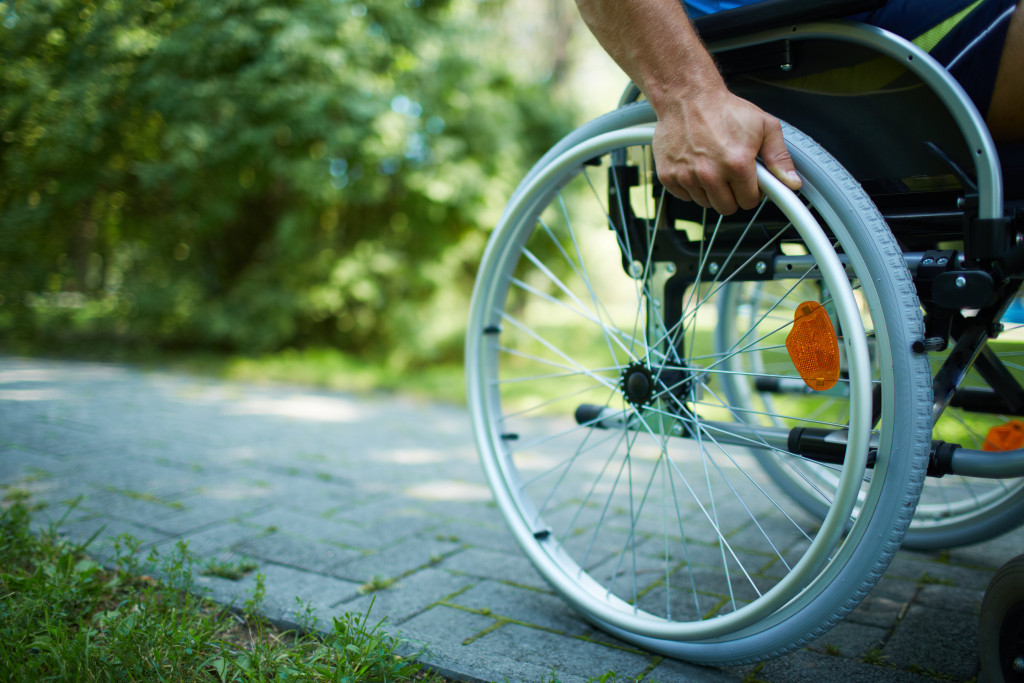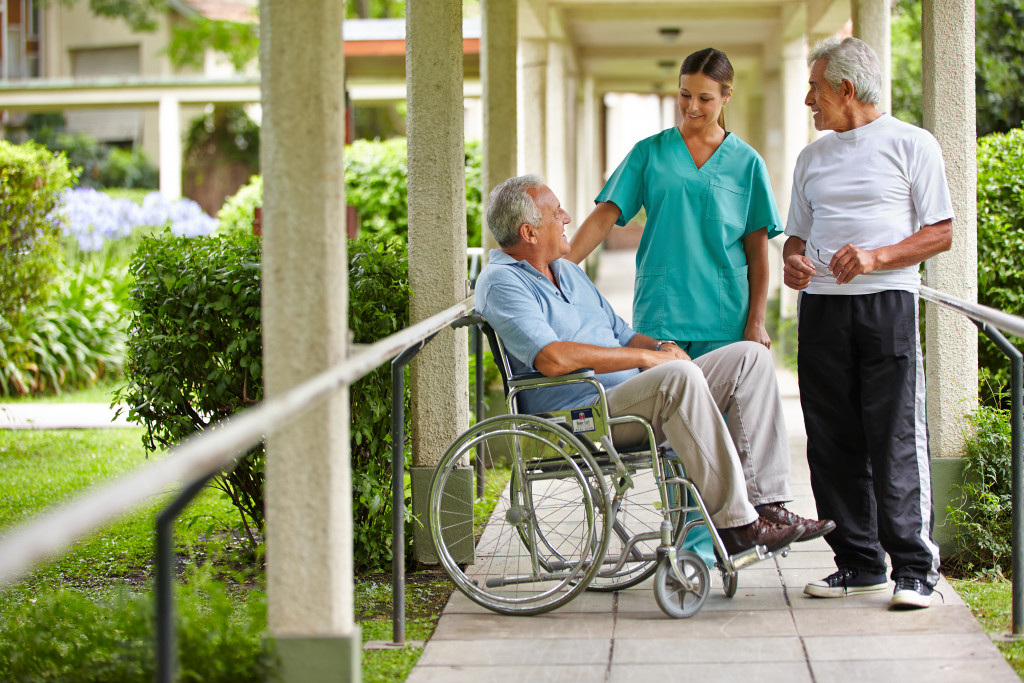Disability is a serious concern in the United States. It’s estimated that over 40 million Americans are affected by some form of disability. This can include physical, mental, and emotional impairments.
While many people with disabilities can live relatively everyday lives, there are still some challenges with having a disability. For example, someone who is blind might not be able to drive a car or read a book. Likewise, someone in a wheelchair might have trouble getting around in a building that doesn’t have an elevator.
There are laws in place to help protect people with disabilities, like the Americans with Disabilities Act (ADA). But these laws are more than just laws. They are guidelines on how communities can take care of the disabled. Here’s how communities are helping those who are disabled live better lives.
Accessible Housing
Shelter is an essential need for everyone, but they are even more vital to those who are disabled. That’s why many communities are making sure that there is accessible housing available for those who need it.
Accessible housing is a form of housing designed to make it possible for people with disabilities to live there. For example, an accessible home might have wider doorways and hallways to accommodate a wheelchair. Or, it might have features like Braille labeling on light switches and door handles.
It must also have emergency features like sprinklers and fire alarms designed for people who are deaf or hard of hearing. Different community facilities should also have accessible housing. This includes things like hospitals, schools, and even government buildings.
Specialized Care
People with disabilities often need specialized care that is not always available in the general community. Many communities have specialized care facilities for those with specific needs.
For example, some hospitals specialize in treating conditions like cerebral palsy or multiple sclerosis. Some schools cater to students who are blind or deaf. And there are care homes for people with Alzheimer’s disease or other forms of dementia.
There is also specialized care for those who are completely immobile. For example, people receiving palliative treatment have access to sedation in community hospitals if they need it. Additionally, they get extra attention when calling for emergencies and other necessities.
These specialized care facilities provide the extra help and support people with disabilities need. They also give peace of mind to families who know their loved ones are getting the best possible care.

Inclusive Recreation
Recreation is an integral part of life, but it can be difficult for those with disabilities to participate in traditional recreational activities. That’s why many communities are now offering inclusive recreation opportunities.
Inclusive recreation means that everyone can participate in the activity regardless of their ability. For example, a park might have a wheelchair-accessible swing set or a pool with a lift for those who can’t swim. Or, a recreation center might offer adaptive sports leagues for people with different disabilities.
Inclusive recreation is crucial because it allows people with disabilities to socialize and stay active. It also helps to break down barriers between those with and without disabilities. It can also empower people with disabilities by showing them that they can do anything they set their minds to. By doing this they can contribute better to society.
Community Events
Most communities have regular events like concerts, festivals, and parades. But these events are not always accessible for people with disabilities.
That’s why many communities are now making sure that their events are inclusive for everyone. For example, a concert might have sign language interpreters for those who are deaf or hard of hearing. Or, a festival might have Braille programs for those who are blind.
Making events accessible for people with disabilities is important because it allows them to participate in the life of the community. It also helps to break down barriers and foster inclusion.
Employment Opportunities
Lastly, people with disabilities often face barriers to employment. That’s why many communities are now offering employment opportunities for those with disabilities.
For example, a community might have a program that helps people with disabilities find jobs. Or, a business might set aside a certain number of positions for people with disabilities.
Employment opportunities for people with disabilities are vital because they help break down barriers to employment. They also provide people with disabilities with the opportunity to contribute to the community.
People with disabilities are an essential part of the community. They deserve to be included and have access to the same opportunities as everyone else. By offering accessible housing, specialized care, inclusive recreation, and employment opportunities, communities can ensure that people with disabilities have the support they need to thrive.

